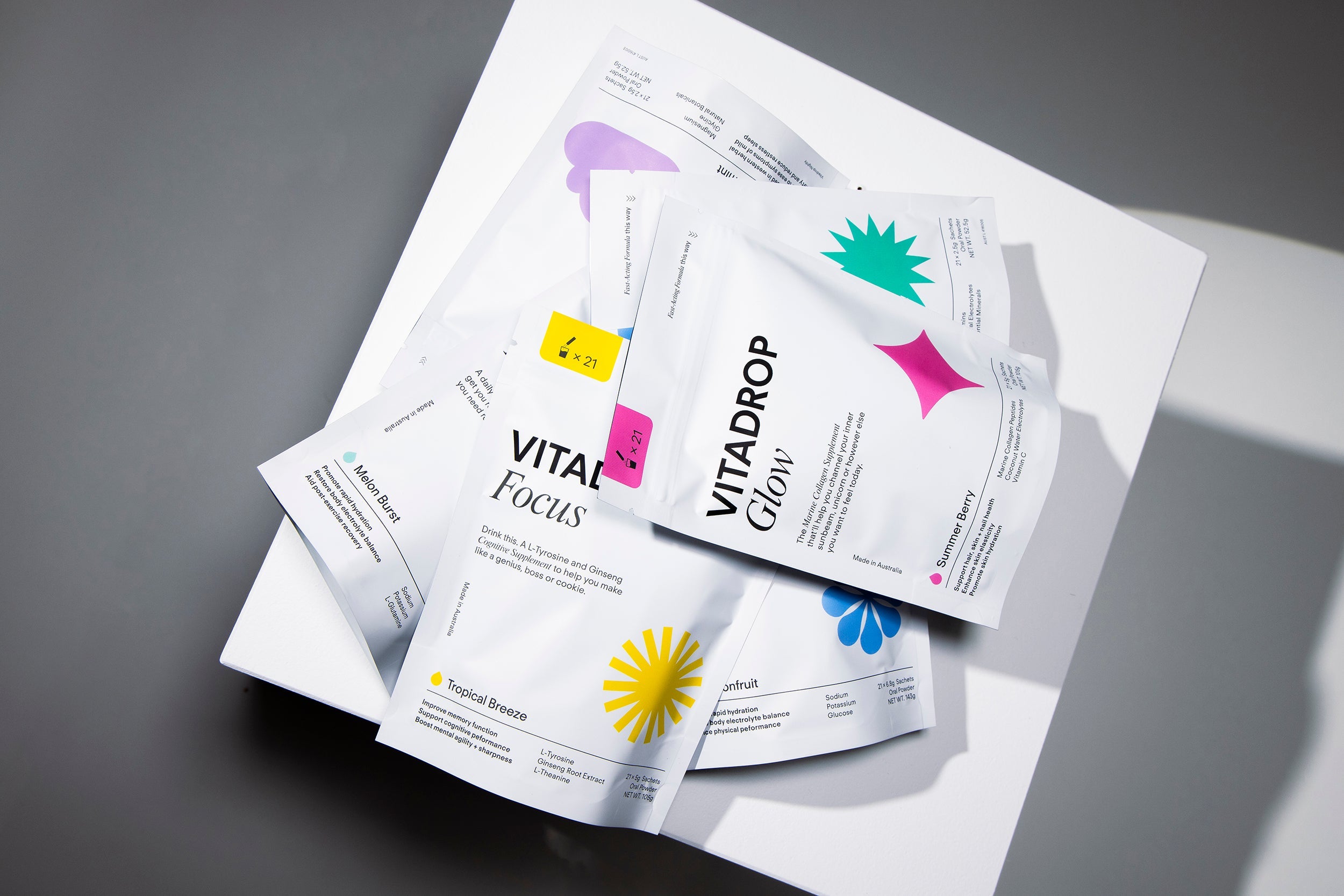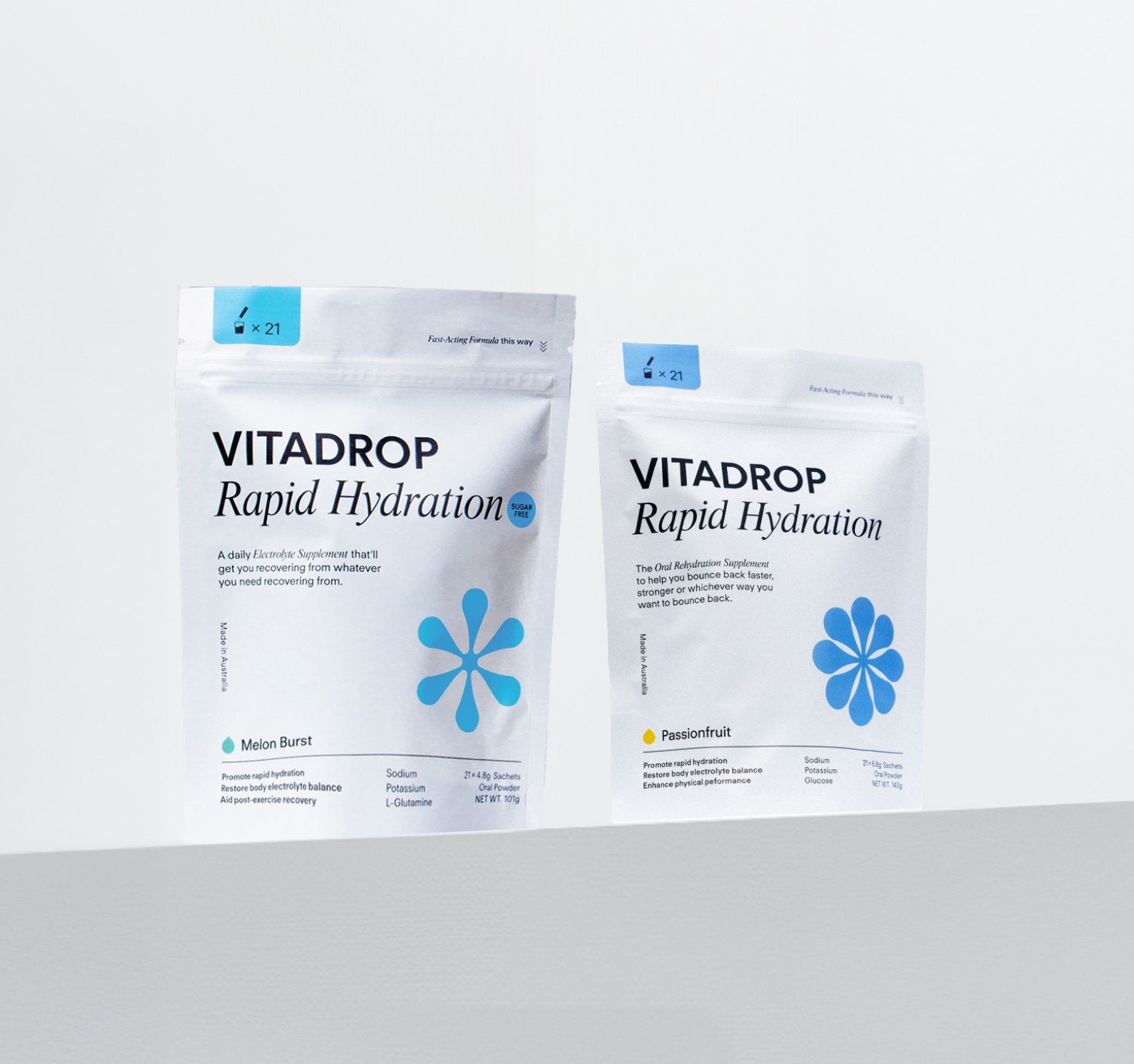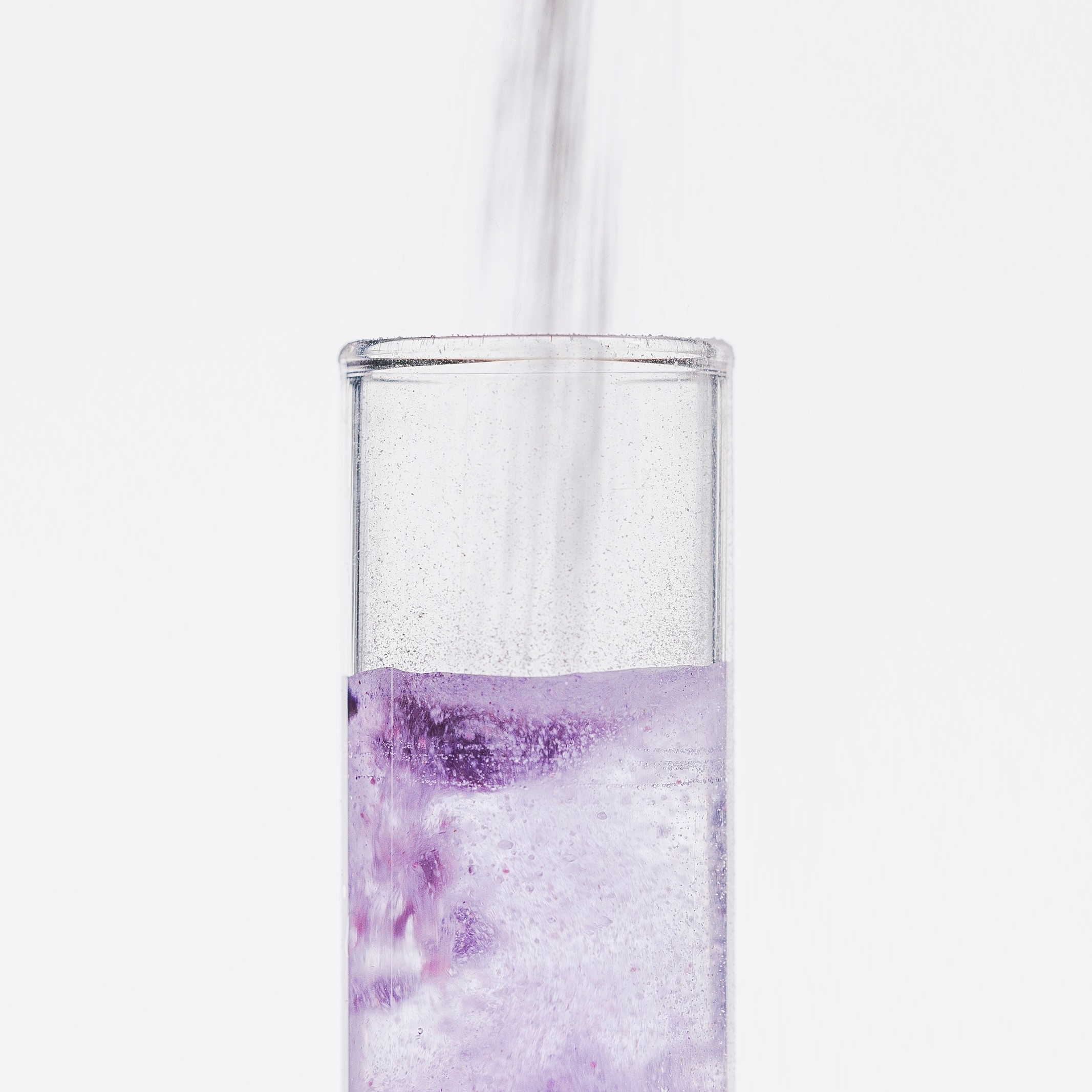Your gut does a lot: breaking down food, absorbing nutrients, keeping harmful invaders out, and even influencing your mood. But to do all that, it needs the right support. Here are five things your gut thrives on:
- A healthy gut lining (keeps the bad stuff out and keeps you hydrated).
- Digestive support (breaks down food properly).
- Prebiotics (feeds the good bacteria).
- Soothing ingredients (because no one likes inflammation).
- Consistency (quick fixes don’t work).
1. A healthy gut lining
Your gut lining acts as a barrier, keeping nutrients in and harmful substances out. When compromised, you may experience bloating, dehydration, and food sensitivities.
- L-Glutamine & resistant starch help strengthen the gut lining and support water absorption.
- Electrolytes like Sodium and Potassium prevent dehydration and maintain gut barrier function.
2. Digestive support
Breaking down food properly isn’t just about comfort — it’s about making nutrients more available to your body.
- Magnesium helps keep digestion moving and prevents constipation.
- Digestive enzymes & stomach acid are crucial for breaking down food – stress and poor diet can reduce their production.
3. Prebiotics (feed the good bacteria)
Probiotics get all the attention, but without prebiotics, they can’t thrive. Prebiotics fuel beneficial bacteria, improving gut balance and digestion. Solnul® Resistant Starch is one of the best prebiotics out there, feeding the right microbes while supporting digestion and bloating relief.
- Solnul® Resistant Starch selectively feeds good bacteria and supports digestion.
- Prebiotic-rich foods like lentils, beans, oats, and asparagus help diversify your microbiome.
4. Soothing ingredients
Sometimes your gut needs a little TLC. Stress, diet, and lifestyle changes can all cause inflammation, leading to discomfort, bloating, and an imbalanced microbiome. Sometimes you need to consider what you’re putting in — eat soothing foods and compounds to help it repair and calm things down.
- Lemon Balm Leaf Extract reduces bloating and stress-related gut discomfort.
- Ginger & Peppermint help with motility and digestion.
5. Consistency
There’s no magic pill for gut health — your microbiome thrives on routine so sustainable habits make the biggest difference. The right nutrients, a balanced diet, and daily movement all help keep your gut in check.
- Eat a diverse range of fibre, stay hydrated, and manage stress.
- Prioritise sleep, since your gut follows a daily rhythm just like you do.
The good news? Gut Relief covers the first four. The last one? That’s on you.
References:
Vanhaecke, T., Bretin, O., Poirel, M., & Tap, J. (2022). Drinking water source and intake are associated with distinct gut microbiota signatures in US and UK populations. The Journal of Nutrition, 152(1), 171–182.
Lynch, S.V., & Pedersen, O. (2016). The Human Intestinal Microbiome in Health and Disease. New England Journal of Medicine, 375(24), 2369-2379.
Holscher, H.D. (2017). Dietary fiber and prebiotics and the gastrointestinal microbiota. Gut Microbes, 8(2), 172–184.
Mandir, N., & Goodlad, R. A. (1999). The effects of glutamine on intestinal epithelial cell proliferation in parenterally fed rats. Gut, 44(5), 608–614.







